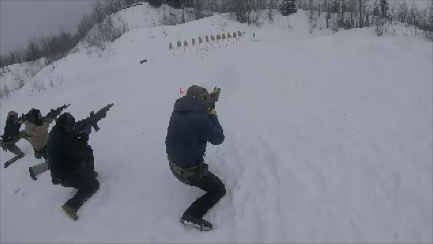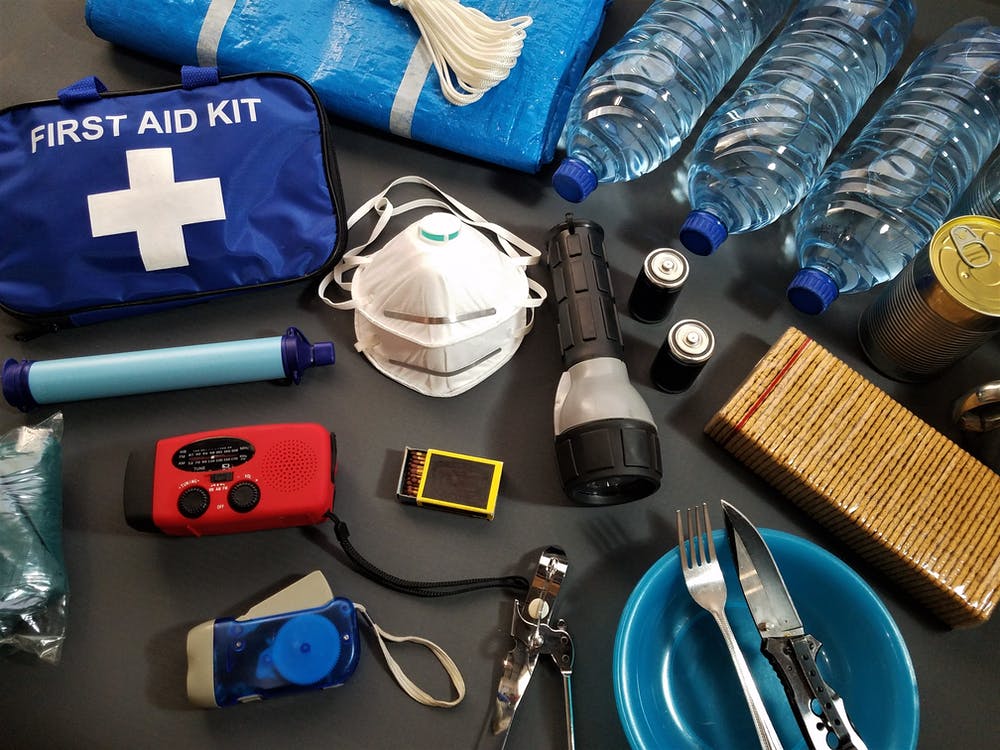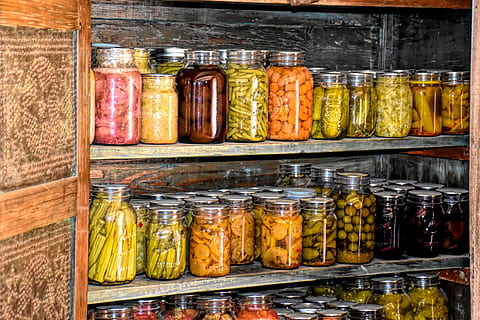|
When you come out of a training course that lasts one or two whole days, do you feel accomplished and a bit more prepared to defend yourself? What if I told you that your skill during that course is not only temporary, but basically an illusion based on decades of industry insanity? If this idea sounds preposterous to you, perhaps you should wait two weeks, and not practice at all and then try to perform a simple drill you did in the training class. I guarantee you will not only forget the course of fire, but will not be able to perform as effectively as you did. In this article, I am going to discuss training patterns and how to get your moneys worth instead of spending hundreds of dollars, only for your brain to be overwhelmed and for the skills to fade away practically overnight.
In the years since I retired from the military, I have grown and adapted to life outside of a world that condemned individualism and critiqued through attention to detail. As the Sheriff of Baghdad John McPhee has said, "You don't learn anything by being all highspeed in a team. If you want to really learn how to solve problems, go out alone and without support." That statement he made on the Combat Story YouTube interview really struck me as wisdom. When you are out of the military, the real test of a man and a warrior begins.
While growing up in the Dallas suburbs, it was likely for my parents to get out of work only to be in standstill traffic, sometimes for hours. My mother and brother have a medical condition that required frequent attention at the time, so being stuck in traffic without supplies just for a few hours could have literally been a death sentence for them. Being responsible parents/adults, my parents stored supplies in the vehicle(s) just in case. I use my parents for this subject because this is how a responsible parent/adult should prepare at a minimum. At no point did they store guns or bug out bags or active shooter response kits. They simply prepared for the likely scenarios, plus some extras here and there to keep my brother and I from complaining during long drives. They stored enough food and water for all four of us (not MREs), a basic first aid kit (Not IFAK-style), bad weather attire, and some basic hygiene items. And best of all is that they weren't afraid to use any of it. We never felt like any of it was off limits. Only storing "just in case" supplies that you can't touch until an emergency is about as sensible as a scuba suit in the desert, because "just in case".
In my opinion, the average Joe should think about increasing their level of preparedness. Up here in Alaska, preparedness is just a way of life. For the gold miner that goes into the wild to seek their small fortune, they must stockpile months of food, fuel and other supplies for the time they will be on their own. The rural folks such as myself must use summer as a time to prepare land, home, and animals for the next 6 months of winter. This means stocking up on supplies like candles, batteries, water, and food that is shelf-stable and easy to make in the event of not having power. In Alaska, prepping is not a four-letter word but rather a healthy way of life that promotes independence and peace of mind. I believe the average Joe and Jane everywhere else would benefit from such lessons.
With the whole world being unstable, it is easy for people to feel a need to prepare for things to get bad. We are facing rising gas prices, soaring interest rates, a new made up variant of Covid, and an ongoing war in Ukraine. This is all evidence of an upcoming recession that could really hurt our country. It is easy to understand why people are getting concerned about the future. However, there is much more to being prepared than just storing gas, ammo, and MREs. I would say it is time to make realistic priorities based on history. Since most people live in or near a city, I figured I would talk about security in the suburbs.
|
Do It RiteAlaska-Based Youtube Vlogger, Retired Marine, Firearm and Gear Tester. Archives
December 2023
Categories
All
|




 RSS Feed
RSS Feed